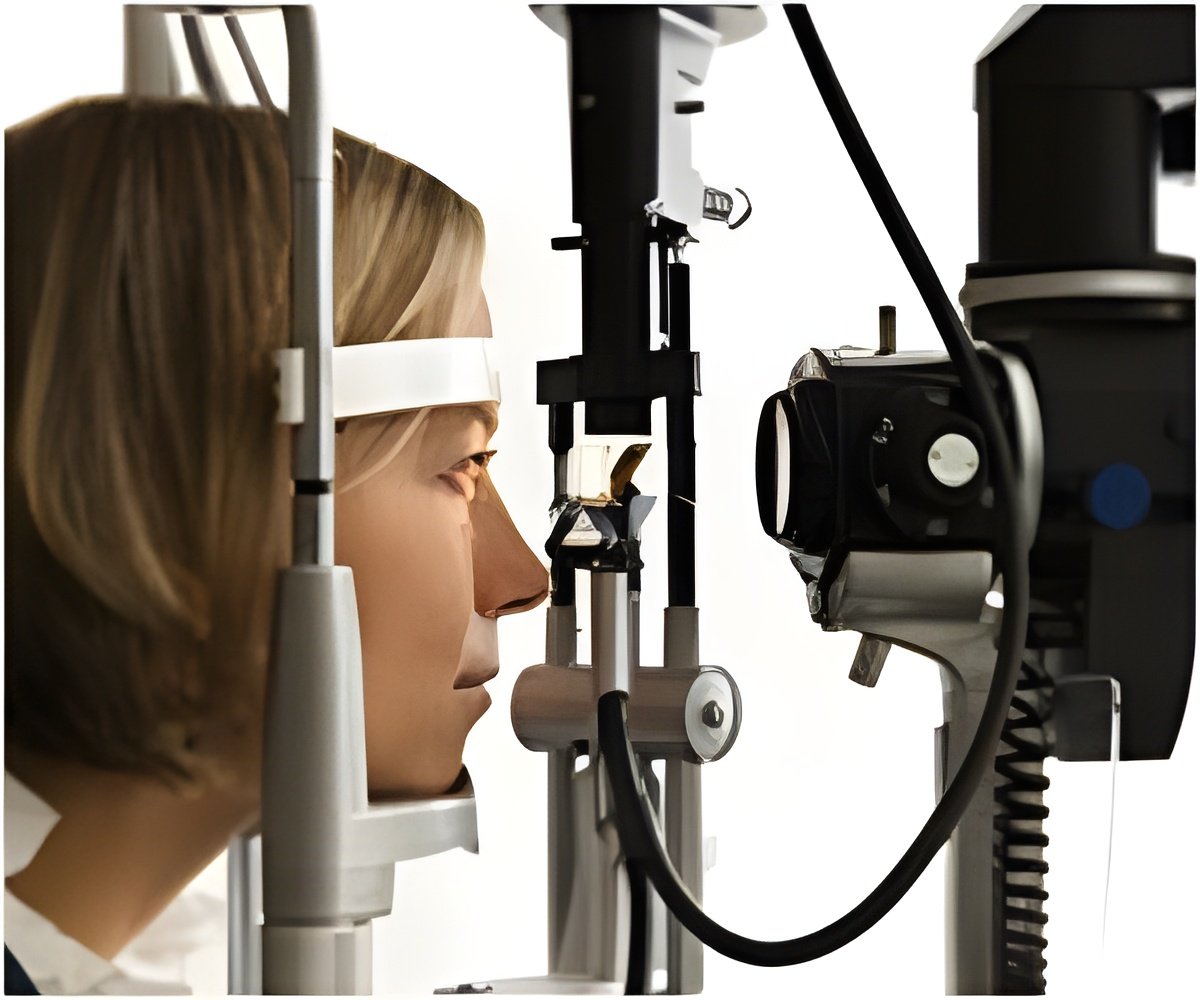
Gyungah Jun, PhD, from the departments of medicine, ophthalmology and biostatistics at BUSM and BUSPH, served as the study's lead author. Lindsay A. Farrer, PhD, professor of medicine, neurology, ophthalmology, genetics & genomics, epidemiology and biostatistics and chief of the Biomedical Genetics Section at BUSM, was the study's senior author.
Using the Framingham Offspring Eye Study cohort, investigators looked at brain MRI findings on or after 10 years from the original eye exam and concluded that there was a significant correlation between a quantitative measure of cortical cataract and several Alzheimer's disease-related measures of brain degeneration, in particular volume of the temporal horn which is a brain structure that is progressively enlarged in patients with Alzheimer's disease. Another strong correlation in these same individuals, between cortical cataract formation and poorer performance on several cognitive tests administered at the time of the MRI scan, further supports this link.
With such a link not confounded by age or sex, the investigators then performed a genome-wide association study looking at nearly 190,000 single-nucleotide polymorphisms (SNPs), or DNA sequence variations. Three intronic (non-coding) SNPs in the gene encoding δ-catenin came to the fore. This protein is a key component in cell adherence and formation of cell junctional structures. Previously, δ-catenin was also implicated in brain and eye development, but not directly in either cataracts or Alzheimer's disease. To establish a more direct link of δ-catenin to Alzheimer's disease, the researchers transfected into neuronal cells δ-catenin bearing a mutation near the location of the top-associated SNPs and observed a significant and specific increase in the toxic form of amyloid β, the protein that aggregates in Alzheimer brains and thought to be central to development of the disorder. In addition, the researchers found increased deposits of δ-catenin in lens tissue obtained from autopsy-confirmed Alzheimer's cases but not from subjects lacking Alzheimer's-associated neuropathology.
"Though much work remains to be done, a link between cataracts and Alzheimer's disease supports the idea of a systemic rather than brain-limited focus for processes leading to Alzheimer's disease," said Farrer. "This study gives hope that we are moving toward earlier diagnosis and new treatment targets for this debilitating disease."
Advertisement














